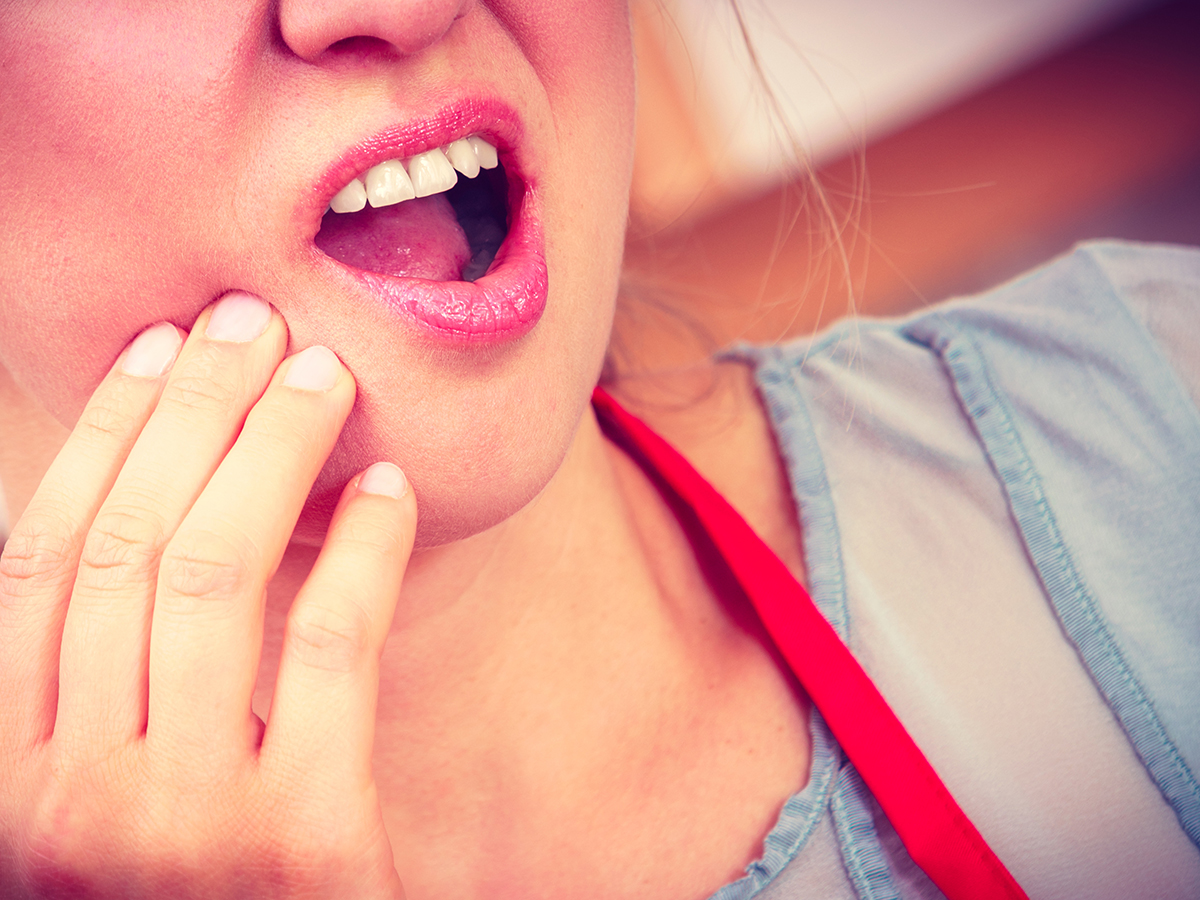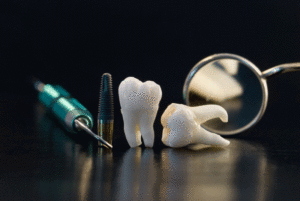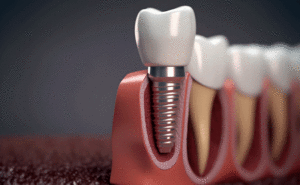Crooked or crowded teeth? Underbite or overbite? If this is you, then you’re among the millions of Americans that have a bad bite, or malocclusion. Bad bites are caused by a variety of factors, such as genetics, injury to the jaw or mouth, tooth loss and even thumb sucking. However, the good news is that with orthodontic treatment and paying greater attention to your oral health, these issues can be corrected. For many people, having such issues corrected is crucial, as there are a variety of symptoms that one can experience as a result of a bad bite that make the condition more of an albatross. Here’s a closer look at some of these signs and symptoms:
Symptoms of a Bad Bite
Knowing whether or not you’ve got a bad bite or crooked or misaligned teeth should be fairly easy to detect, but here’s a look at some accompanying signs and symptoms that can help validate the need to correct such issues:
- Headaches: Irregular bites can place strain on the TMJ, or temporomandibular joint. When this sort of pressure is exerted on the joint over an extended period of time, headaches are more likely to occur. Headaches related to oral issues are often accompanied by facial pain.
- Pain: Just as strain on the TMJ is likely to cause headaches, it may also lead to earaches, jaw popping, neck and shoulder pain, and other facial pain. Individuals are also likely to experience pain and discomfort when biting, chewing and possibly even speaking.
- Sleeping issues: Some individuals with bad bites are more likely to have sleeping issues, such as snoring or the sleep apnea sleep disorder. These issues are more likely to develop the longer such issues go untreated.
- Teeth wear: How the teeth are arranged in the mouth and how the jaw is lined will help dictate how people chew and bite their food, not to mention what position the teeth are in when the jaw is relaxed. Any sign of significant wear on the teeth is an indication that the bite alignment is off.
- Speech issues: Though fairly rare, it is possible for those with malocclusion to develop speech issues, such as lisps or slurred speech.
- Tooth decay: Misaligned and crooked teeth can make it more difficult to adequately brush and floss certain areas. This in turn can lead to a greater likelihood of developing oral issues, such as tooth decay and gum disease.
As we noted in the opening, the good news is that bad bites can be fairly easily corrected through orthodontic treatment, whether it’s through the administration of braces, retainers or some other form of treatment.
For more information on the signs and symptoms that are often associated with bad bites, contact Caven Dental today.



